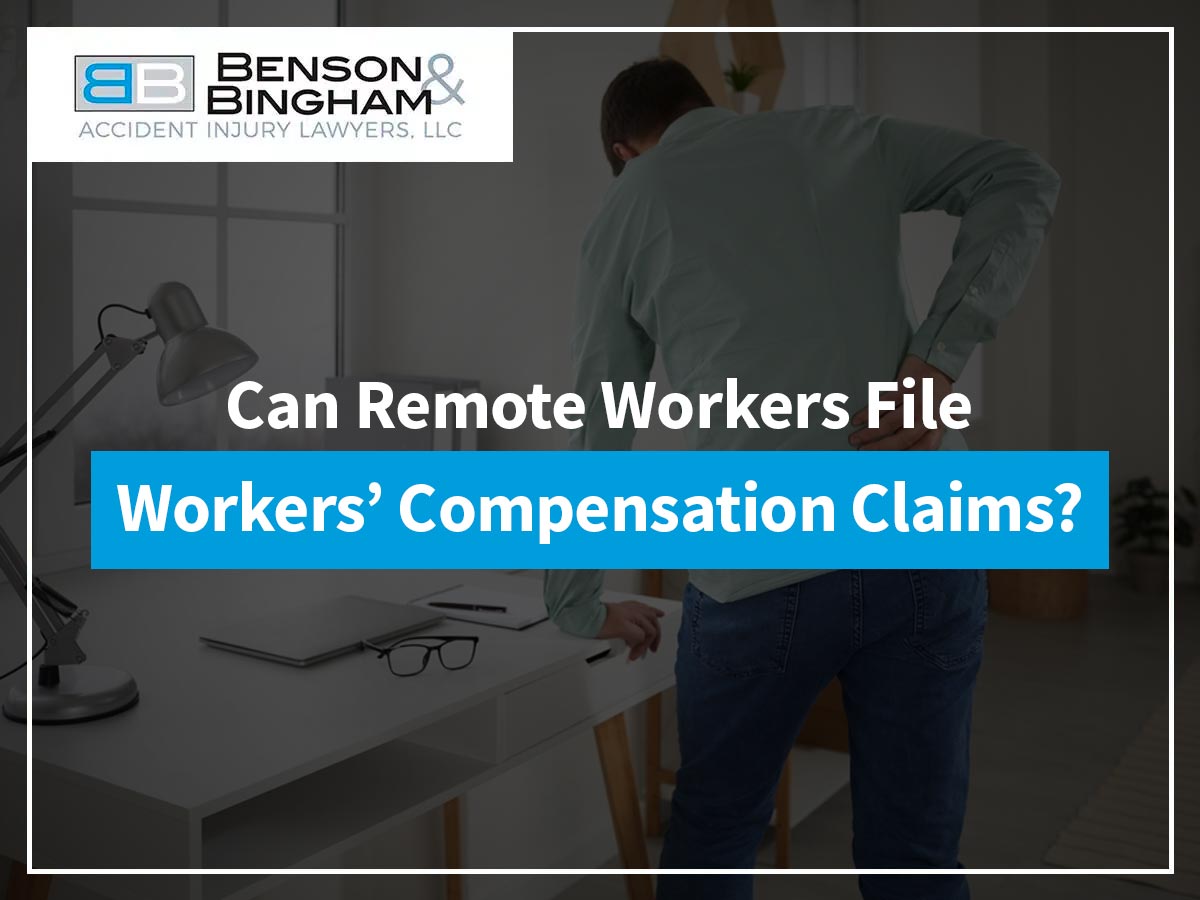The global COVID-19 pandemic changed the way we operate our daily lives and significantly changed the way in which we conduct daily tasks. One of the biggest things impacted was the way in which we work. A 2022 survey by the Global Workplace Analytics found that more than 4.7 million people work remotely at least half the time in the United States. Additionally, 16 percent of companies globally are fully remote. They also estimate that 22 percent of the workforce (36.2 million Americans) will work remotely in some capacity by 2025 [1]. This growing number of remote positions and opportunities can be beneficial to workers and can open more opportunities than ever before; however, it also raises an important question: If a worker were to be injured during work, but in the comfort of their home, can they still receive workers compensation?
Understanding Worker’s Compensation in Nevada
Before we can dive into the issue of worker’s comp for remote workers, it is important to understand the basics of workers comp in Reno. The purpose of workers compensation is to ensure the injured worker gets proper medical care and compensation for work missed when unable to work due to an injury on the job. It also protects the employers from lawsuits from workers. Workers’ compensation laws vary from state to state; however the general idea stays the same and the following injuries are usually covered:
- Medical treatment for injured employees
- Occupational hazards (eg. Disease exposures)
- Employers Liability (damage to a third party where the employer is liable for an injury)
- Temporary Disability (compensations of up to 2/3 the average weekly wage)
- Permanent Impairment (lost limbs)
- Total Disability (usually paid as a larger, lump sum)
- Death Benefit (paid to the survivor’s family or dependents) [2]
While there are a few exceptions, the state of Nevada requires every business with one or more employee to have worker’s compensation insurance. [4]
An employee is covered under their employee’s workers compensation insurance if they are injured while working from home if they meet the burden of proving that the injury was work related. Before COVID, the argument of whether an employee’s home was a “place of employment” depended on if the employee had approval to work at home. In states like New York for example, employees would be covered if there was a “regular pattern of work at home”. However, due to the circumstance of the COVID-19 pandemic and the fact many more people have switched to remote working, it’s likely that courts will be more forgiving in deciding if the home is a “place of employment” since employees may be at home to follow their employer’s COVID mandates or State-issued mandates. For more information on how a workers’ compensation attorney can help determine if you have a case, see What Does a Workers Compensation Attorney Do?
Minimizing Worker’s Comp Risks with Remote Workers
Employers may take extra precautions to mitigate risk at-work, but they can also take precautions when it comes to remote workers. The following are some productive ideas:
- A Workplace Checklist: Employers may provide employees with a safety checklist to ensure their work environment is safe and not injury prone. The following are ways to keep at-home environment safe:
—Clean floor area free of tripping hazards
—Cables are organized and secured under desks or along walls
—Rugs are secured and are not worn, increasing the chance of tripping
—Working smoke detectors
—Heaters and Radiators are kept away from flammable items such as rugs, tapestries, or curtains.
—Electrical plugs and outlets are in working condition and wiring is not exposed or damaged
—Adequate lighting
—Office Chair is supportive (especially the back and neck) - Inspect the Home Office: Some employers may choose to inspect the employee’s home office before they begin working remotely. If they choose to do so, it is a good idea to document it in case a claim is filed in the future.
- Stay in Contact Regularly: Regular communication with the employee not only increases the efficiency of remote workers, but it also allows employers to know about a work-related injury in a timely manner.
- Create a Work Agreement for Remote Workers: Expectation are important for both worker’s safety and success. A work agreement can aide with this and can help outline employee work schedule, expected hours to be work, establish frequent communication, and require that all personal injuries are reported. A work agreement could also implement audits which would allow employers to ensure employee workspaces comply with safety standards. [3]
[1] https://www.apollotechnical.com/statistics-on-remote-workers/
[2] https://www.workerscompensationshop.com/workers-compensation-basics


